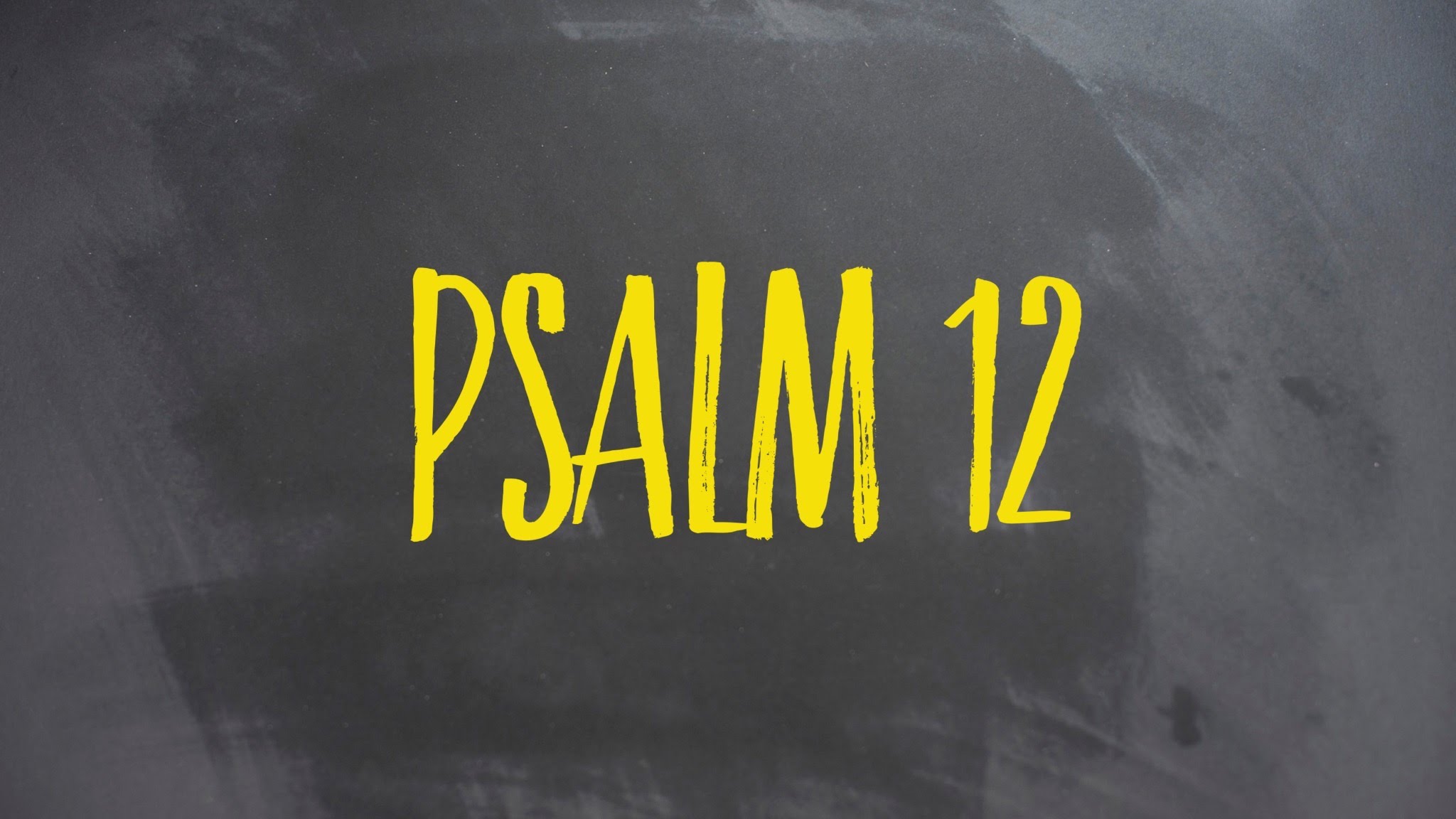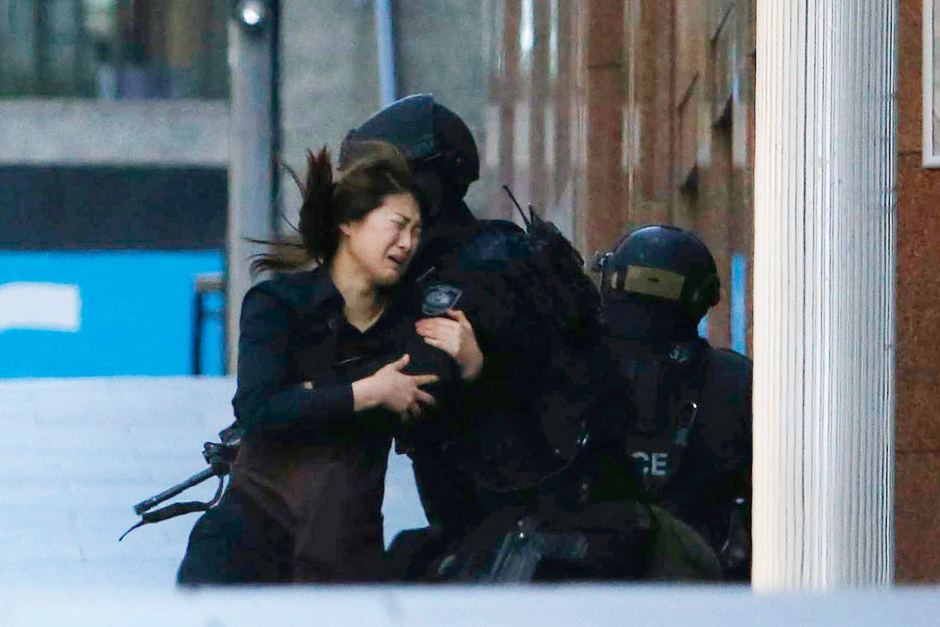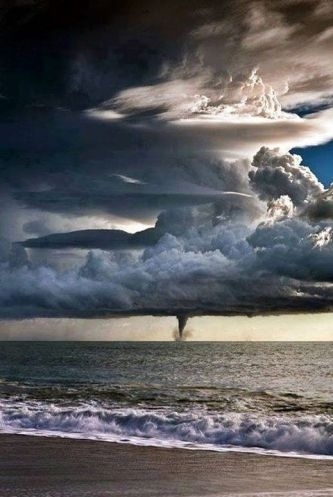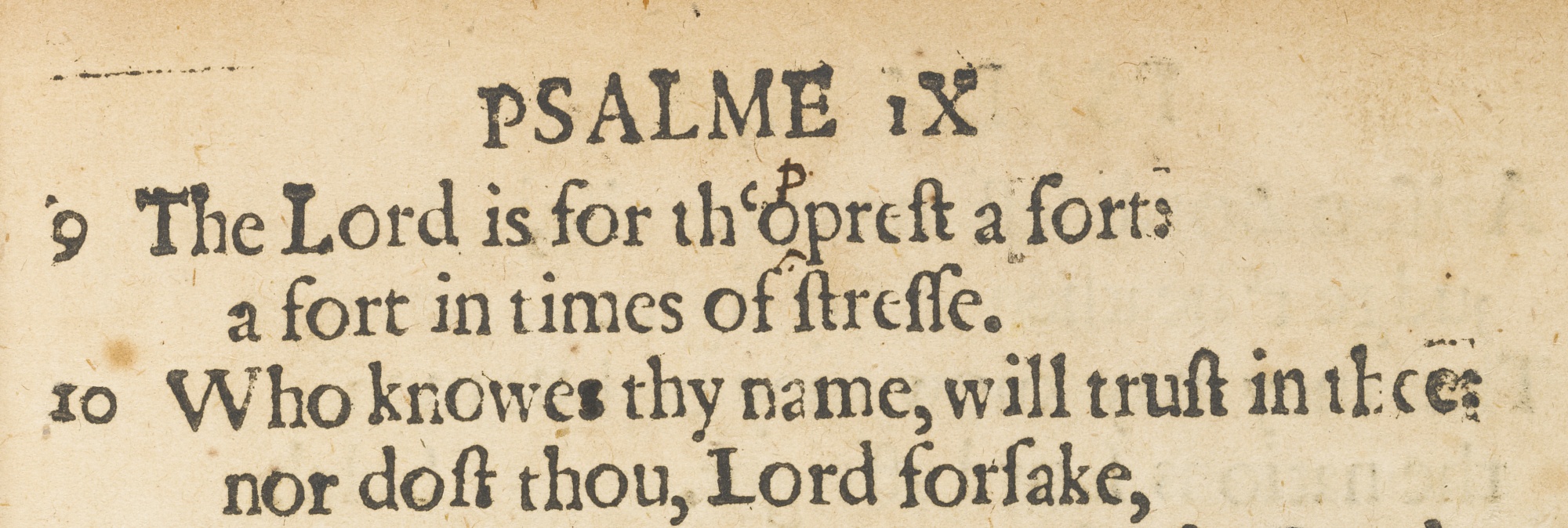The first two words of this psalm—Help, Lord!—identify it as a cry for help, and yet it is also a declaration of confidence in God’s promise and goodness. When human speech becomes empty or evil, deliverance from its power is found not in retaliation whereby we return evil for evil, but in hearing, receiving and trusting the speech of God, especially God’s promise.
In verse one, the psalmist calls out to the Lord for help in the face of the disappearance of the faithful. As in Psalm 11, the focus is on society as a whole and the psalmist laments the evil and unfaithfulness which rises on every side. When one has companions it is perhaps easier to practise godliness and remain faithful while all around falls into decay. With the loss of any companions, however, the psalmist can but cry to the Lord.
Verses two to four characterise the unfaithful in terms of evil speech rather than evil deeds. Ellen Charry remarks that “the picture is of a contemptuous community in which each one takes him- or herself to be his or her own master or mistress, beholden to no one” (Charry, Psalms 1-50, 61).
The words of the wicked are empty, ‘smooth,’ and boastful; they use their words as weapons to prevail over others (vv. 2, 4). Falsehood and flattery issue from a deceptive, ‘double’ heart. While they speak with flattering words to gain the trust and allegiance of their hearers, in their hearts they are seeking their own rule and lordship. Their true intent is warfare, not welfare. So distressed is the psalmist that he cries that God would shut their mouths and cut off their flattery and boastful speech (v. 3). In effect, this is a prayer that God would overcome those who boast that no one can master them. Their claim to self-lordship is seen as a challenge and as an affront to the one true Lord.
Verse five marks a decisive change in the psalm as the voice of the Lord now speaks: “Because the poor are despoiled, because the needy groan, I will now arise,” says the Lord. “I will set him in the safety for which he longs.” How this prophetic word is delivered is not known. Did it come to the psalmist in answer to his prayer? Does he in hope put the words in God’s mouth? Is it a liturgical word spoken in the midst of temple worship? However the prophetic word comes, it is the answer to the cry found four times in the psalms thus far: “Arise, O Lord!” (Psalms 3:7; 7:6; 9:19; 10:12).
Craigie translates the last phrase of verse five as “I will set him in safety. I will shine forth for him” (Craigie, Psalms 1-50, 136). Although he acknowledges that his translation is by no means certain, the image of God shining forth speaks of the revelation of his faithfulness in answer to the opening cry for help from the psalmist.
Thus, over against the empty, deceitful and boastful words of the wicked stand the promises of the Lord, which are characterised in verse six as ‘pure.’ God’s words are pure as silver is pure:
The word of the Lord is by its very nature valuable (as are silver and gold), but through refinement and purification, in the language of the metaphor, there is no dross in it. By implication, the speech of wicked persons is all dross, devoid of silver and gold! That of God is pure silver, pure gold! It is devoid of the dross of flattery, vanity, and lies, and can therefore be relied upon (Craigie, 138).
Encouraged by the divine promise the psalmist cries out in trust that the Lord will guard and protect his people, even in the midst of a hostile and faithless generation. Because God’s word is true and to be trusted, he can be confident. This confidence is based not in a change of circumstances but in the reliability of God’s word: the wicked will not triumph over the godly for the Lord will preserve them.
The wry observation of verse eight makes this clear: the battle continues. This verse might be seen as an amplification of verse one: the godly and faithful have disappeared from the social environment, while that which is ‘vile’ has been exalted and celebrated. Here the NASB is preferred to the NRSV: the wicked do not so much ‘prowl’ (as though in darkness), but ‘strut about’—openly and boldly in the broad light of day, and on every side. The psalmist’s observation, then, highlights the social implications of God’s ‘pure’ words. As Derek Kidner has pointedly noted, “The battle of words is no side-issue: a weakness here, and the enemy is in” (Kidner, Psalms 1-72 TNTC, 76).
At issue is what it means to be a faithful and godly community. Which words will shape the life of the community—empty and deceptive words, or the pure words which come from God? The people of God are to hear, reflect on and trust the words of God, choosing, declaring and embodying his words, even in a social context.










